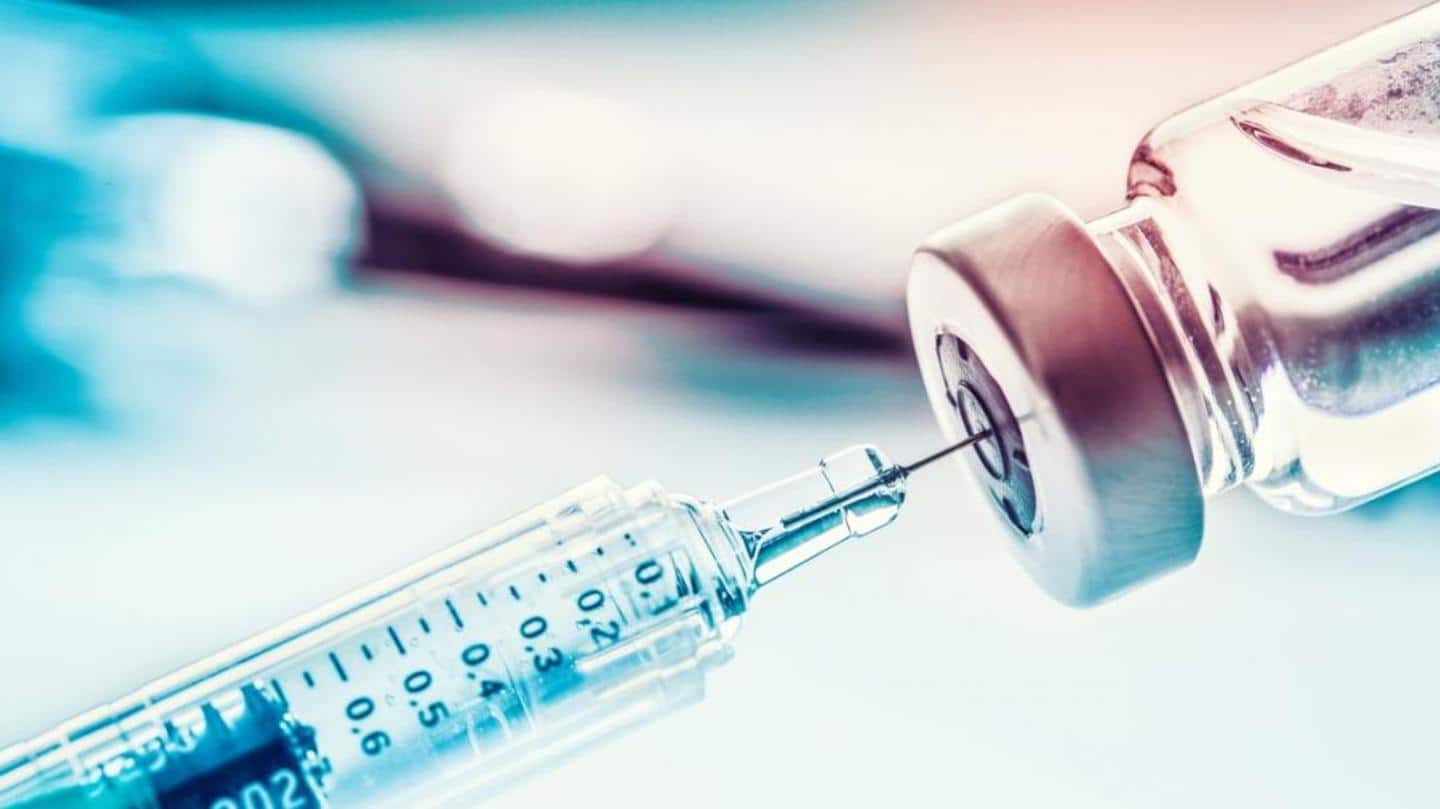
Pfizer's COVID-19 vaccine shows promise in human trials: Details here
What's the story
The COVID-19 candidate vaccine jointly developed by American pharma giant Pfizer and German biotech company BioNTech has shown promise in early human trials.
According to the interim data of the study published in journal Nature, the shot was able to generate a 'robust' immune response in all study volunteers, without any serious side effects.
Here is all you need to know about it.
Trial
Phase-1/2 trial with 45 volunteers
In the randomized, observer-blinded Phase-1/2 study, 45 healthy individuals, aged between 18 and 55 years, were enrolled as part of the trial.
Out of the group, 24 were given two 10 µg or 30 µg doses of Pfizer vaccine - dubbed BNT162b1 - in a gap of 21 days, 12 were given a single 100 µg dose, and 9 received a placebo.
Response
All doses generated antibody protection
After being vaccinated, the subjects were monitored for weeks, which allowed the team to establish the effectiveness of the shot.
They found that all three doses of BNT162b1 generated neutralizing antibodies against COVID-19 by the 21st day.
Importantly, their levels were found to be 1.9 to 4.6 times higher than those typically witnessed in patients recovering from the deadly disease.
Stats
Immune response increased with dose level
The immune response increased with the level of the dose administered and grew substantially seven days after the second 10 µg or 30 µg dose was given.
Notably, the immune response generated by 30 µg dose was stronger than that of the 10 µg shot, but there were no major differences between 30 μg and 100 μg group after a single dose.
Safety
No serious side effects recorded
Along with being effective, the vaccine was also proven to be generally safe in the early trial.
Only mild-to-moderate dose-dependent side effects were witnessed within seven days of vaccination, which included low-grade fever, particularly after the second dose, as well as pain at the injection site, fatigue, headache, fever and sleep disturbance.
No serious health issue was reported in the study.
Work
Now, the team is proceeding with late-stage trials
Now, Pfizer and BioNTech are moving through the Phase-2/3 trials with their candidate vaccines (BNT162b1 and its modified sibling BNT162b2), with the ultimate goal of getting emergency use approvals in the US by October 2020.
If cleared, the companies aim to supply globally up to 100 million doses by the end of 2020 and approximately 1.3 billion doses by the end of 2021.